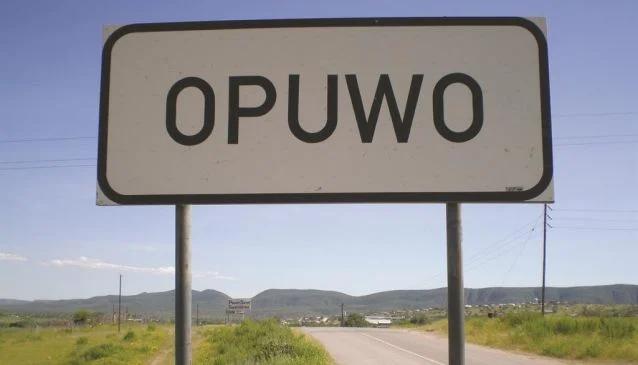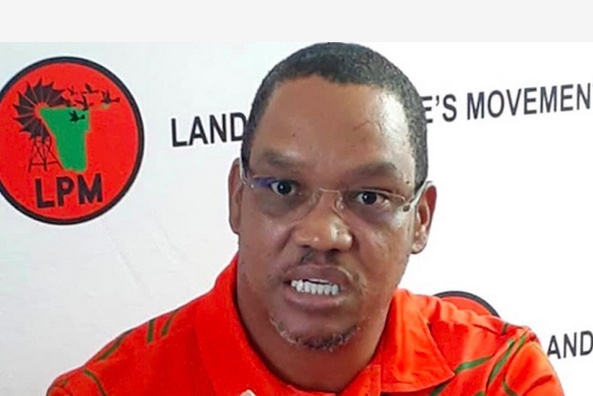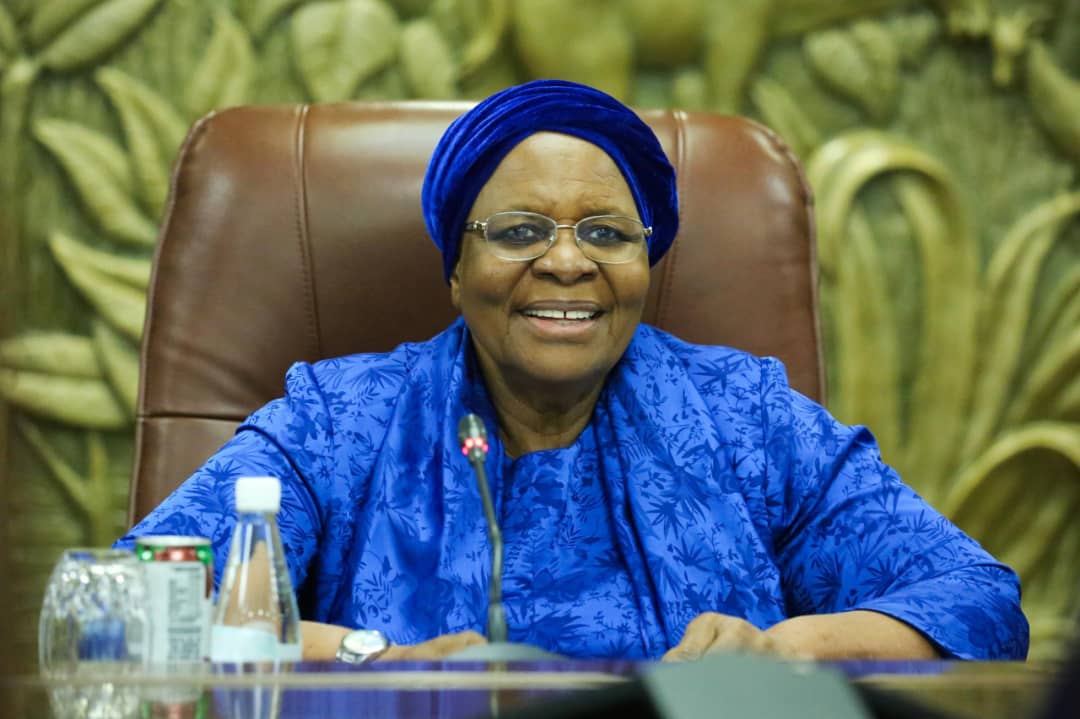LAND reform in Namibia should take a holistic approach and involve all stakeholders including the beneficiaries and should not be about “taking land from the previously advantaged whites and given to previously disadvantaged blacks”.
“Land in itself is not wealth, it is only the ingenuity of men and women in devising ways to properly administer and manage land as a productive resource that will create wealth,” said Dr Omu Kakujaha-Mutundu of the University of Namibia. Speaking at the first conference for decision makers on land administration from African countries, Kakujaha-Matundu said without adequate training and financial support to beneficiaries, land administration and management policies would be “an exercise in futility”.The expert urged fellow academics in Namibia to do more research on the topic to acquire a “deeper understanding of the complex dynamics of the land question” and come up with proposals for best methods in land use and management to solve unemployment and poverty.The conference was organised by the School for Land Administration Studies of the United Nations University (UNU) based in The Netherlands, in cooperation with the Polytechnic of Namibia.Delegates are discussing innovative systems of land management and its administration like the registration of title deeds, land tenure, cadastral mapping and how land policies in African countries should proceed.Deputy Lands Minister Isak Katali stated that land administration was the key to development and economic growth for any country.Existing systems of land rights registration and of freehold titles were costly and cumbersome.”We have developed a flexible land tenure system, which allows for a starter title in urban informal settlements, which allows for a simple, inexpensive form of initial registration at municipalities providing a degree of security of tenure,” Katali told the conference.”The second form is the landhold title where individual land tenure in informal areas of towns is registered by local authorities in a data base without the complications of a freehold title.”Speaking at the first conference for decision makers on land administration from African countries, Kakujaha-Matundu said without adequate training and financial support to beneficiaries, land administration and management policies would be “an exercise in futility”.The expert urged fellow academics in Namibia to do more research on the topic to acquire a “deeper understanding of the complex dynamics of the land question” and come up with proposals for best methods in land use and management to solve unemployment and poverty.The conference was organised by the School for Land Administration Studies of the United Nations University (UNU) based in The Netherlands, in cooperation with the Polytechnic of Namibia.Delegates are discussing innovative systems of land management and its administration like the registration of title deeds, land tenure, cadastral mapping and how land policies in African countries should proceed.Deputy Lands Minister Isak Katali stated that land administration was the key to development and economic growth for any country.Existing systems of land rights registration and of freehold titles were costly and cumbersome.”We have developed a flexible land tenure system, which allows for a starter title in urban informal settlements, which allows for a simple, inexpensive form of initial registration at municipalities providing a degree of security of tenure,” Katali told the conference.”The second form is the landhold title where individual land tenure in informal areas of towns is registered by local authorities in a data base without the complications of a freehold title.”
Stay informed with The Namibian – your source for credible journalism. Get in-depth reporting and opinions for
only N$85 a month. Invest in journalism, invest in democracy –
Subscribe Now!










